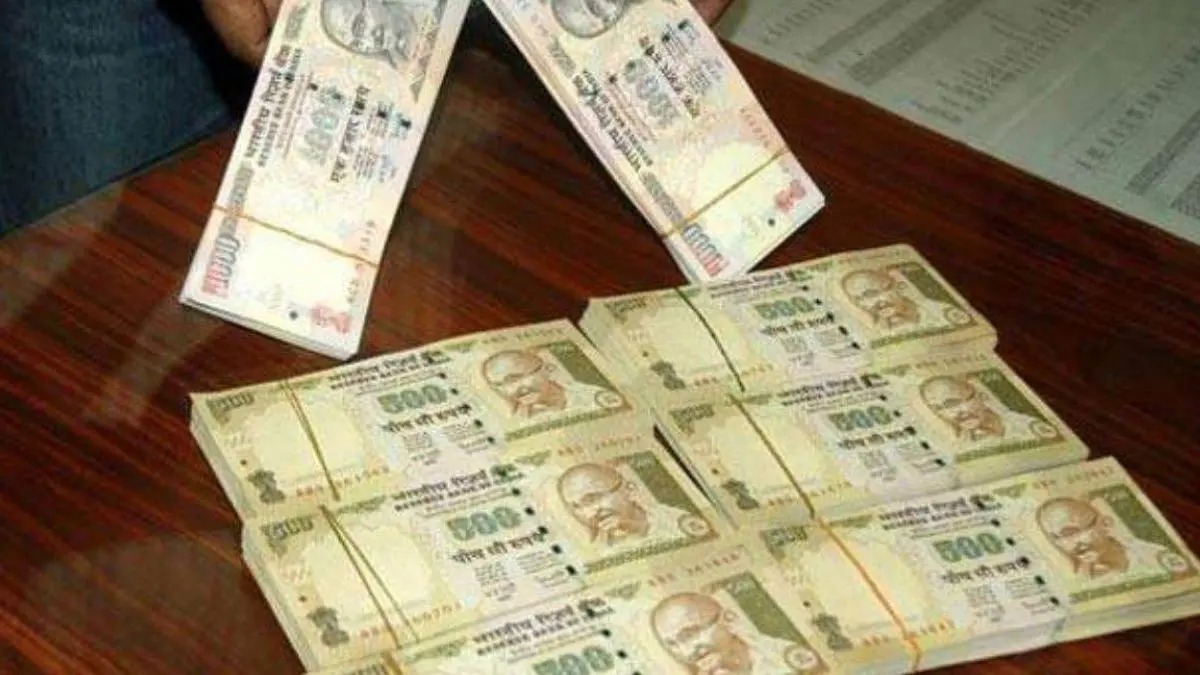Nepal: Prime Minister Narendra Modi announced the demonetisation of 500 and 1000 rupee notes on 08 November 2016, however these notes are still in circulation in Nepal. A syndicate that has entered Nepal is doing this business by fooling the local people and security agencies.
In exchange of these notes in casinos and distant markets, the owner of the note is getting one third or even less of the face value. After demonetization in India, Nepal also banned Indian Rs. 200, 500, 1000 and 2000 notes in their country except for Rs. 100 note.
In exchange for these notes in casinos and distant markets, the owner of the note is getting one-third or even less of the face value. After demonetization in India, Nepal also banned the Indian 100 rupee note as well as 200, 500, 1000 and 2000 notes in its country.
Later, Nepal National Bank said that there are 68,147 notes of 500 rupees and 16,552 notes of 1000 rupees in various banks of the country. Although people associated with hotels, dhabas, general stores, tour and travel business in Nepal have Indian currency left, but there are no clear instructions regarding this.
Agreement on transfer expected
It has been learned that an agreement is expected on currency transfer from Nepal to India, in anticipation of which the syndicate members are working to sell the currency locked in India at dump price in Nepal. Many important information has been received during interrogation of carrier Ramvinod Sharma who was caught with 199 notes of 500 and 1000 rupees on Wednesday at the India-Nepal border in Maharajganj. Surendra Kumar Dubey, a resident of the district associated with the syndicate, is also being searched.
Earlier in May 2018, police had seized cash of 500 and 1000 rupees from five people in Basti. 1 crore 11 lakh rupees were recovered. Among the arrested people, two are from Azamgarh and three are from Nepal. There was a plan to spend these notes in Nepal. Apart from this, on 5 June 2018, Ghaziabad police arrested 10 people with old notes worth 1 crore rupees which were being taken to Nepal.
A large number of money exchange and hawala operators are active on the Indo-Nepal border, including money exchange and hawala operators Also included are . They operate currency exchanges in both countries. These traders are also infiltrating fish markets and bazaars in the border areas of India and using demonetised notes.
 look news india
look news india
